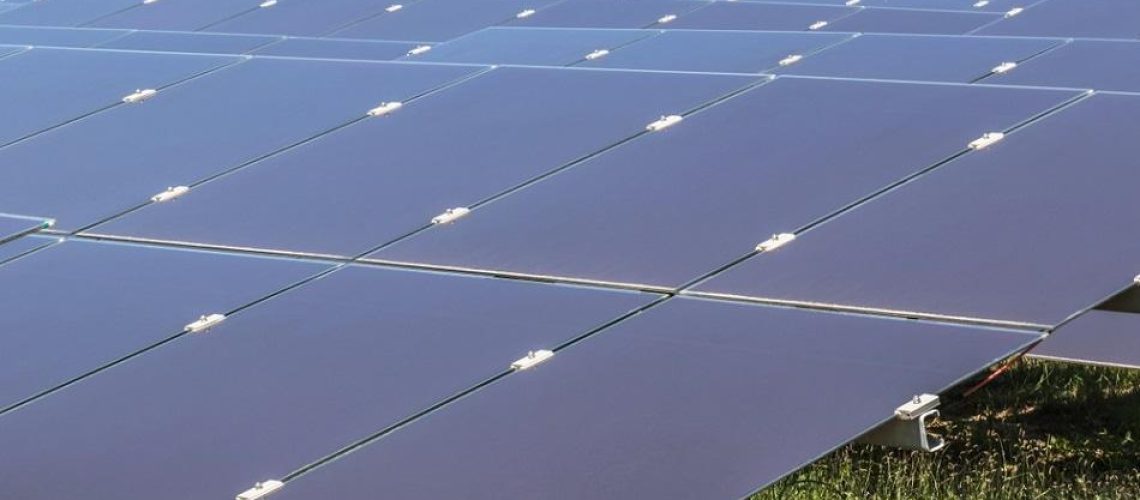Restriction on cadmium telluride exports is expected to increase costs for U.S.-based thin-film solar manufacturer First Solar.
China’s Ministry of Commerce and General Administration of Customs jointly announced on February 4 that the country will impose export controls on tungsten, tellurium, bismuth, molybdenum, and indium.
The decision, approved by the State Council, is intended to safeguard national security, protect strategic resources, and fulfill international non-proliferation obligations, according to the official statement. Exporters of these materials must now obtain special approval from the ministry, in accordance with China’s Export Control Law and Foreign Trade Law. The measures take effect immediately.
The new restrictions specifically target tellurium and its compounds, including cadmium telluride (CdTe), cadmium zinc telluride (CdZnTe), and cadmium mercury telluride (CdHgTe). The controls cover both the refined metal and its chemical derivatives, as well as the technologies and production data related to their manufacturing.
The move is expected to have significant ramifications for the global solar industry, given that cadmium telluride is a key material used in thin-film solar cells. China dominates global tellurium refining and CdTe production, meaning the export curbs could tighten global supply and boost prices. U.S.-based First Solar, the world’s leading producer of CdTe thin-film PV modules, may be particularly affected.
According to a research report published by Dongguan Securities on February 5, China produced 750 metric tons of refined tellurium in 2024, accounting for approximately 76.53% of global output. In 2023, China exported around 1,200 tons of CdTe materials, a substantial share of global CdTe consumption.
Based on China’s 2023 CdTe export figures, the shipments were sufficient to support roughly 12 GW of CdTe-based thin-film solar production.



